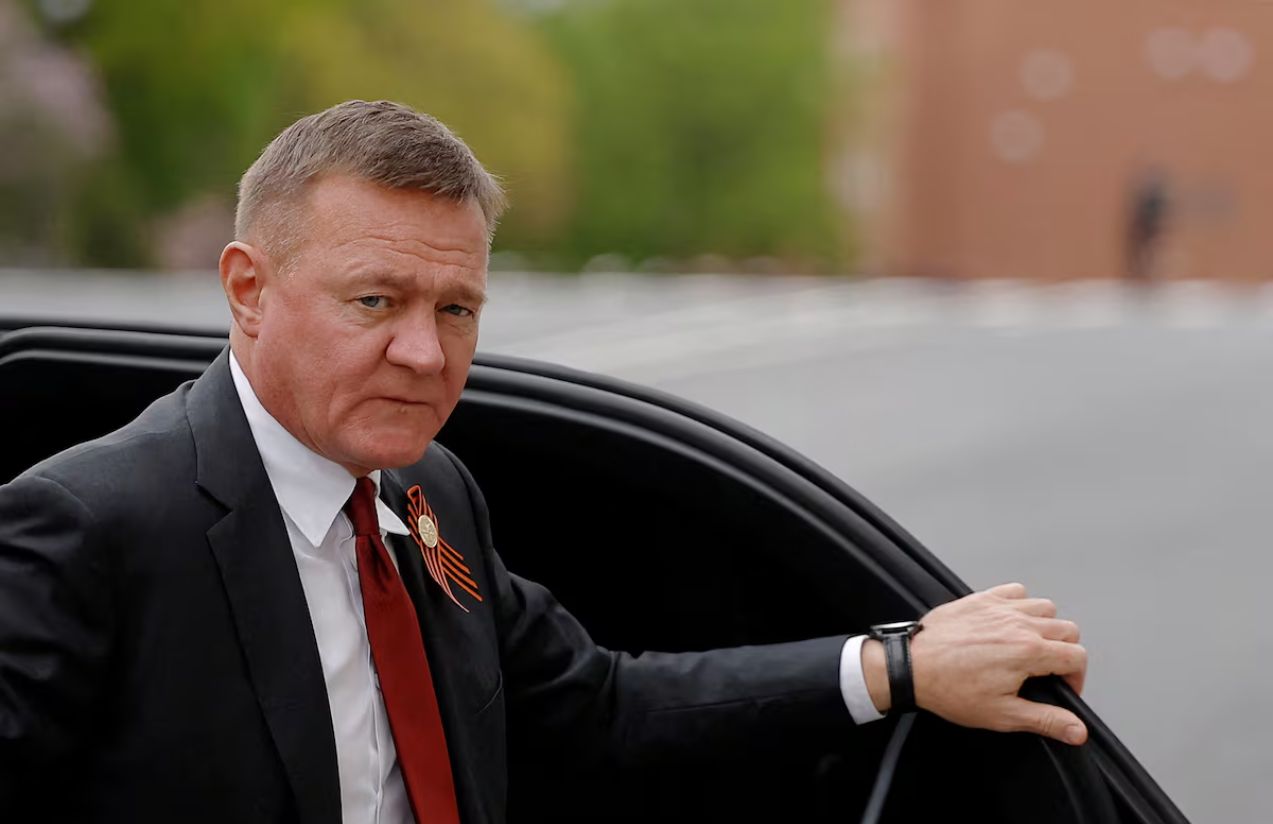Roman Starovoit, Russia’s former Minister of Transport, was found dead on Monday with a gunshot wound to the head, just hours after President Vladimir Putin signed a decree removing him from office.
Russia’s Investigative Committee confirmed that Starovoit’s body was discovered inside a private vehicle in the Odintsovo district, on the outskirts of Moscow. Authorities are currently investigating the scene, with the leading theory being suicide.
The 53-year-old’s dismissal had been formalized earlier that same day through an official decree that offered no explanation for his removal. His departure comes amid mounting pressure on Russia’s transportation infrastructure, particularly after a wave of Ukrainian drone attacks targeting critical facilities.
Over the previous weekend, Russia’s Federal Air Transport Agency reported nearly 500 flight cancellations and more than 2,000 delays due to security concerns, largely linked to Ukrainian aerial strikes. The disruptions caused chaos at major airports, especially in Moscow and St. Petersburg, stranding thousands of passengers and triggering a surge in train ticket sales.
These drone strikes are part of an intensifying Ukrainian campaign, bolstered by new agreements with Western nations such as the United States and Denmark to increase drone production aimed at targeting strategic sites on Russian territory. Ukrainian President Volodymyr Zelensky has repeatedly called for greater international support for this effort.
Starovoit’s death adds to a growing list of troubling incidents within Russia’s political elite. While not entirely unprecedented, such high-profile deaths remain rare and deeply symbolic. The last comparable case was that of former Soviet Interior Minister Boris Pugo, who died by suicide following the failed 1991 coup. Another similar incident involved Nikolai Shchelokov, also a former Interior Minister, who killed himself in 1984 after being stripped of all state honors and accused of corruption.
In Starovoit’s case, the presidential decree notably omitted the phrase “due to loss of trust,” a damning label often seen as a political death sentence in Kremlin circles. Nonetheless, the apparent suicide suggests that he may have feared for his fate, regardless of whether formal accusations were pending.
In recent months, internal tensions have gripped Russian state institutions, marked by a rise in arrests, legal proceedings, and internal purges. Officials at various levels have found themselves caught in a system that shows little mercy, where even those not accused of wrongdoing are vulnerable if they possess sensitive information or fall out of favor.
Starovoit’s death has become a stark symbol of the paranoia, uncertainty, and fear permeating Putin’s Russia—a chilling reminder that, even without guilt, proximity to power can carry devastating consequences. For some, facing the prospect of imprisonment in a system with almost no acquittals and notoriously harsh penal colonies, suicide may seem like the only escape.

